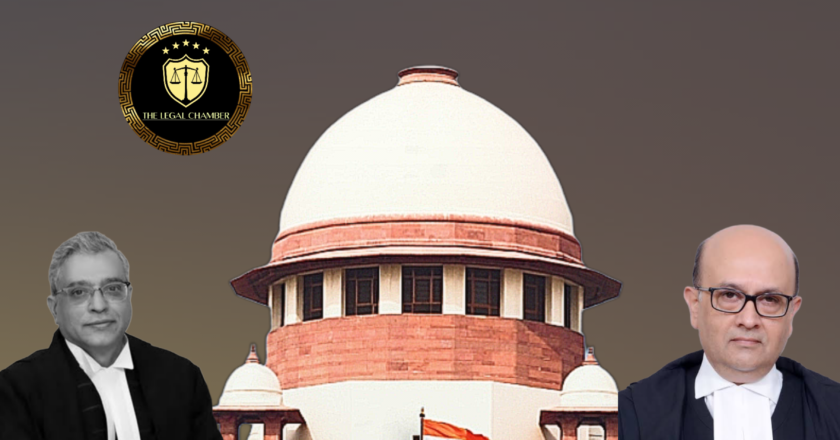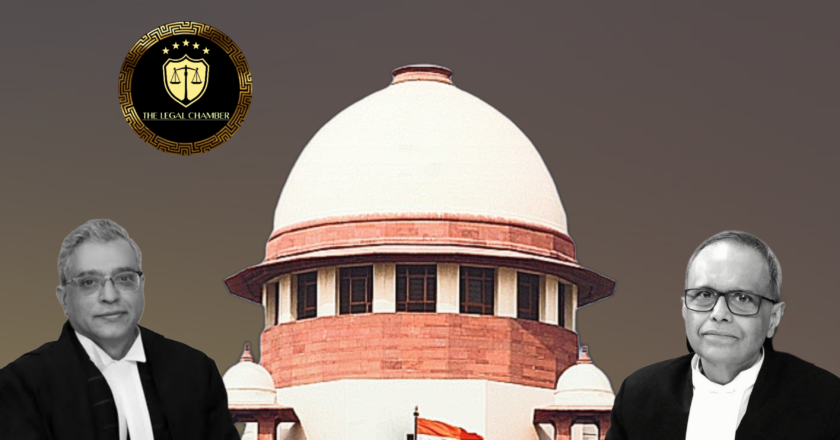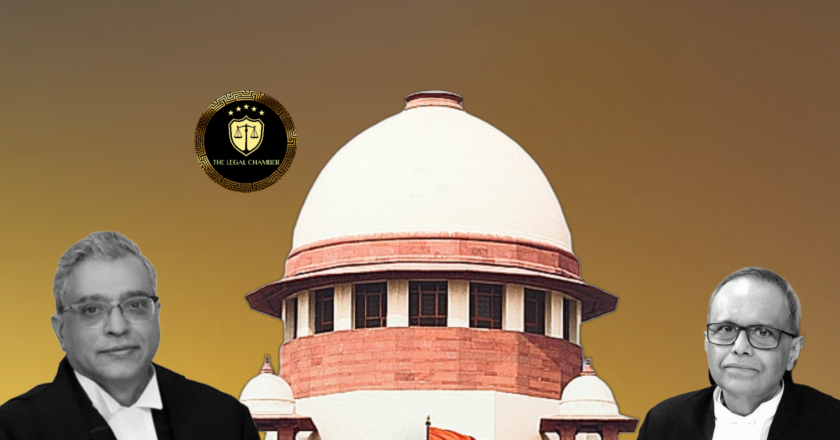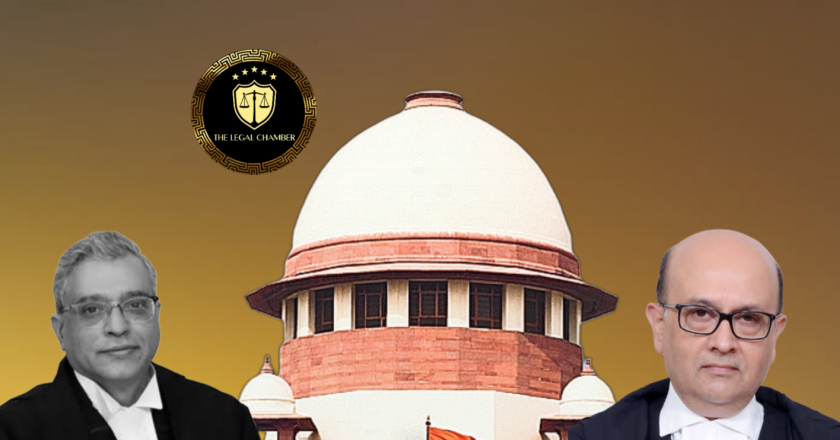Supreme Court Rules: Consent Decree Based on Arbitration Must Be Honored, Estoppel Applies
The Supreme Court held that a party cannot raise a plea of estoppel against law after its own conduct induced the other party to alter its position to its detriment. The doctrine of election and estoppel by conduct precludes a party from approbating and reprobating, thereby preventing it from challenging the validity of a compromise decree it had previously accepted.
Facts Of The Case:
The respondents, claiming the appellants had been removed as trustees, filed a suit for a perpetual injunction to restrain them from entering a school run by Guru Tegh Bahadur Charitable Trust. The Trial Court rejected the plaint under Order VII Rule 11 CPC, holding the suit was barred by Section 92 CPC. During the pendency of the respondents' appeal against this order, the parties mutually appointed a sol...




